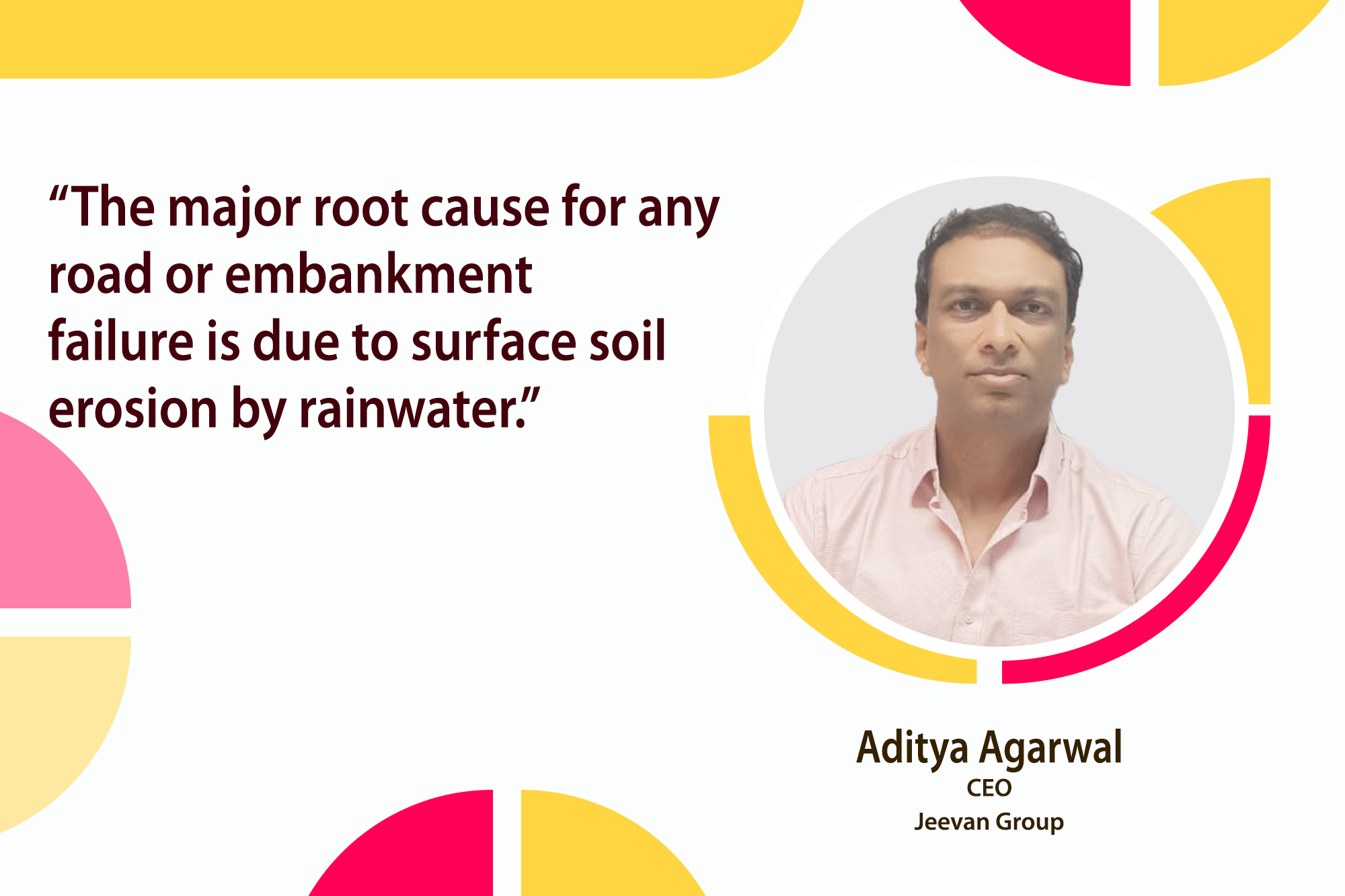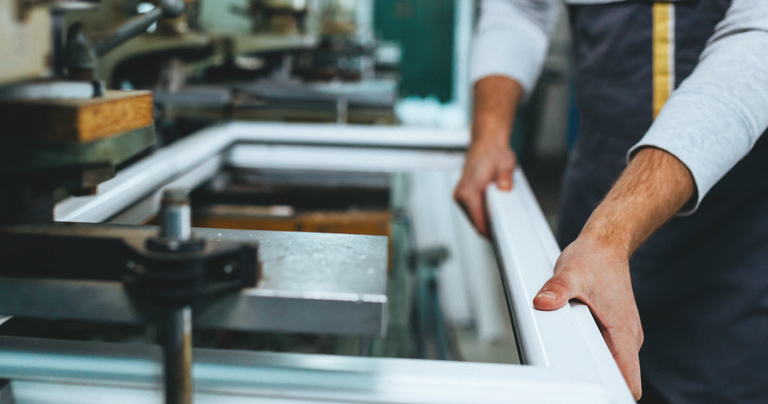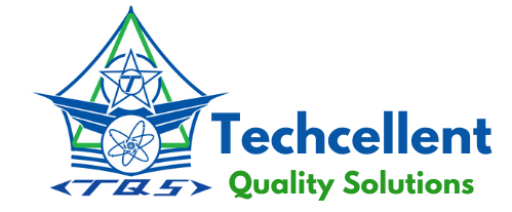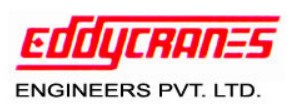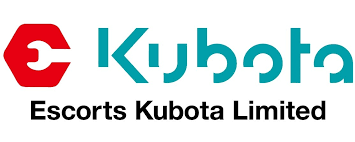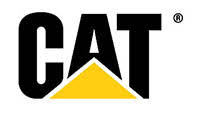“Equipment cost, time factors are important considerations”
By Edit Team | December 29, 2015 10:36 am SHARE
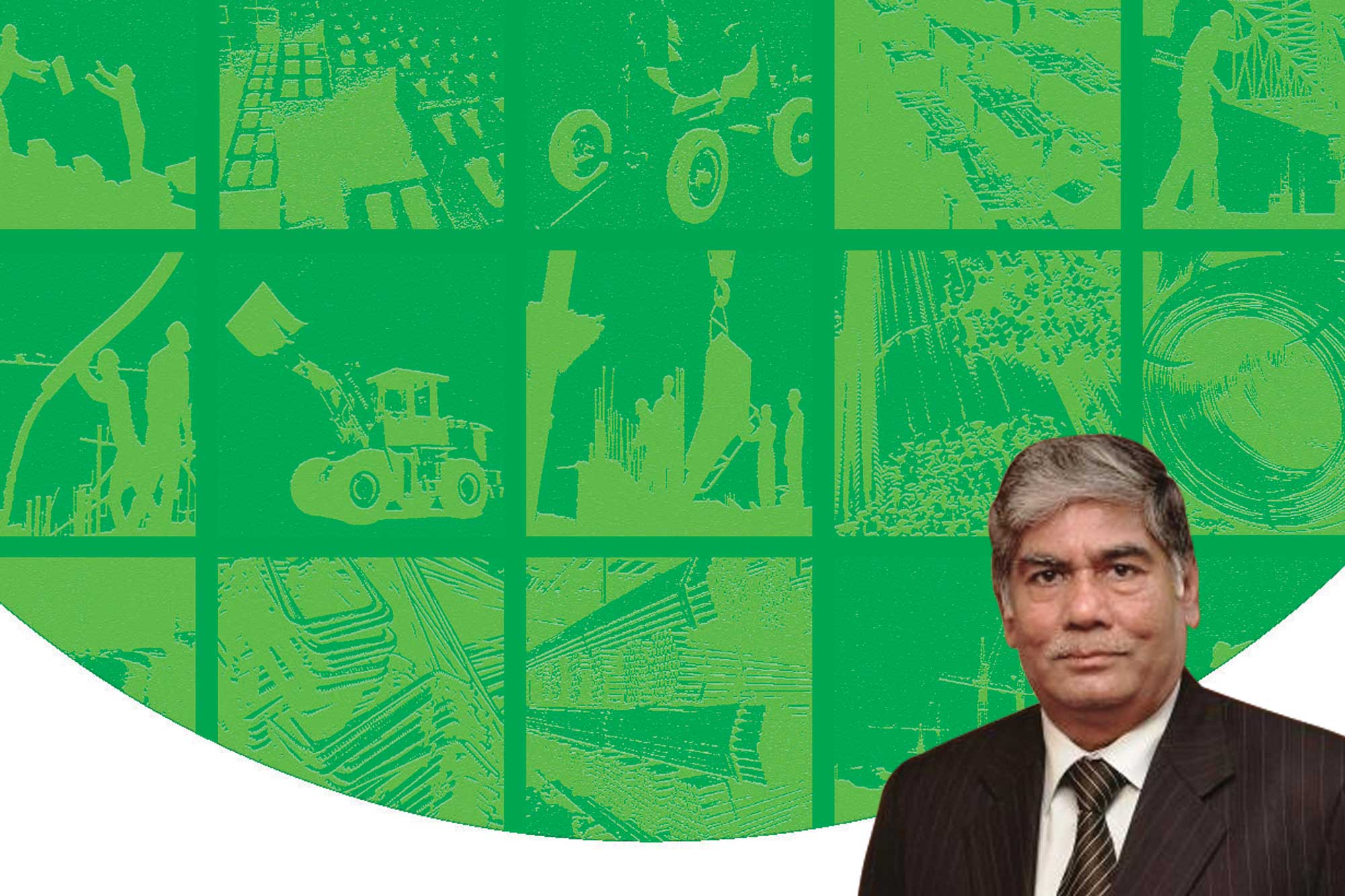
Dighi Port is a deep water, all-weather, green field port in Maharashtra under a 50-year “Build, Own, Operate, Share and Transfer (BOOST)” concession agreement signed with Maharashtra Maritime Board (MMB) with longest quay length of 650 metres in Maharashtra. Both banks of the port are connected to the national highway NH 17 via 4 state highways. The north bank is connected from National Highway 17 via state highways (SH) 92, 96 and the south bank is connected from National Highway 17 via SH 97 and 98. Vijay Kalantri, Chairman and Managing Director, Dighi Port shares his views on the company’s growth prospects, purchase decisions and major mistakes a project developer may make while procuring construction equipment and materials.
Sound infra policy supported by pragmatic investment policy
Dighi Port Ltd. is setting up the first private port in the public-private space near Mumbai and is also establishing a special economic zone around the port with modern infrastructure. The port is equipped with state-of-the-art facilities and forms an integral part of the Delhi-Mumbai Industrial Corridor (DMIC) and will have access to the Delhi Freight Corridor (DFC). “The company’s growth prospects hinges on sound infrastructure policy supported by pragmatic investment policy,” said Vijay Kalantri.
He adds, “The speedy infrastructure development in the country in terms of roads, railways, ports, power and telecommunications will provide the necessary impetus to Dighi Port and enable the company to improve the overall economy of the region. Dighi will thus become a key catalyst in the growth and development of a vast stretch of the region it serves.”
Dighi Port – Roha rail connectivity
Rail Ministry has approved implementation of Dighi Port – Roha rail connectivity project through joint venture between Rail Vikas Nigam Ltd (RVNL) and Dighi Port Ltd (DPL) in February.
Dighi Port Rail Project will be constructed as a feeder route to DFC linking JN Port in Navi Mumbai to Ludhiana. It will have provision for running of double stack container trains and heavy freight trains.
Purchase criteria
In the execution of the project, Dighi from time to time requires to procure project equipment and materials. Procurement is done through a process of competitive bidding. Talking about the points to be considered while making a decision of buying construction equipment, Vijay Kalantri says, “Purchase decisions are based on the considerations of equipment and material requirement, both present and future, utility of equipment, maintenance, available support services, cost of equipment and delivery time.”
Major considerations
Stressing on the decisive factors to determine whether to rent or buy capital equipment, Vijay Kalantri believes, “Direct purchase or hiring of equipment depends on the procurement strategies relying on the progress of the project and need based factors. Equipment cost and time factors are important considerations and so is the durability of the project. Hire and mobilisation charges are also taken into consideration.”
Mistakes may occur
Drawing attention on the mistakes a project developer may make while procuring building materials or construction chemicals, Vijay Kalantri said, “Price variations of materials, inferior quality, wrong sourcing, losses due to error in assessment of quantity and lack of monitoring of material movement can destabilise the project.”
—————————————————————————————————————————————————————–
Purchase decisions are based on the considerations of equipment and material requirement, both present and future, utility of equipment, maintenance, available support services, cost of equipment and delivery time
Vijay Kalantri, Chairman and Managing Director, Dighi Port
Cookie Consent
We use cookies to personalize your experience. By continuing to visit this website you agree to our Terms & Conditions, Privacy Policy and Cookie Policy.





